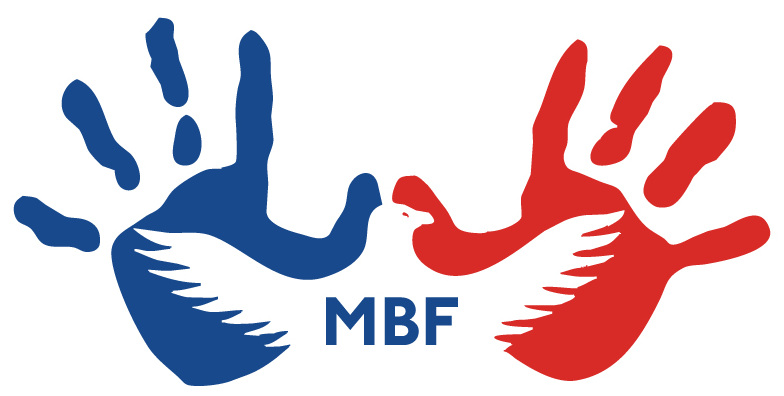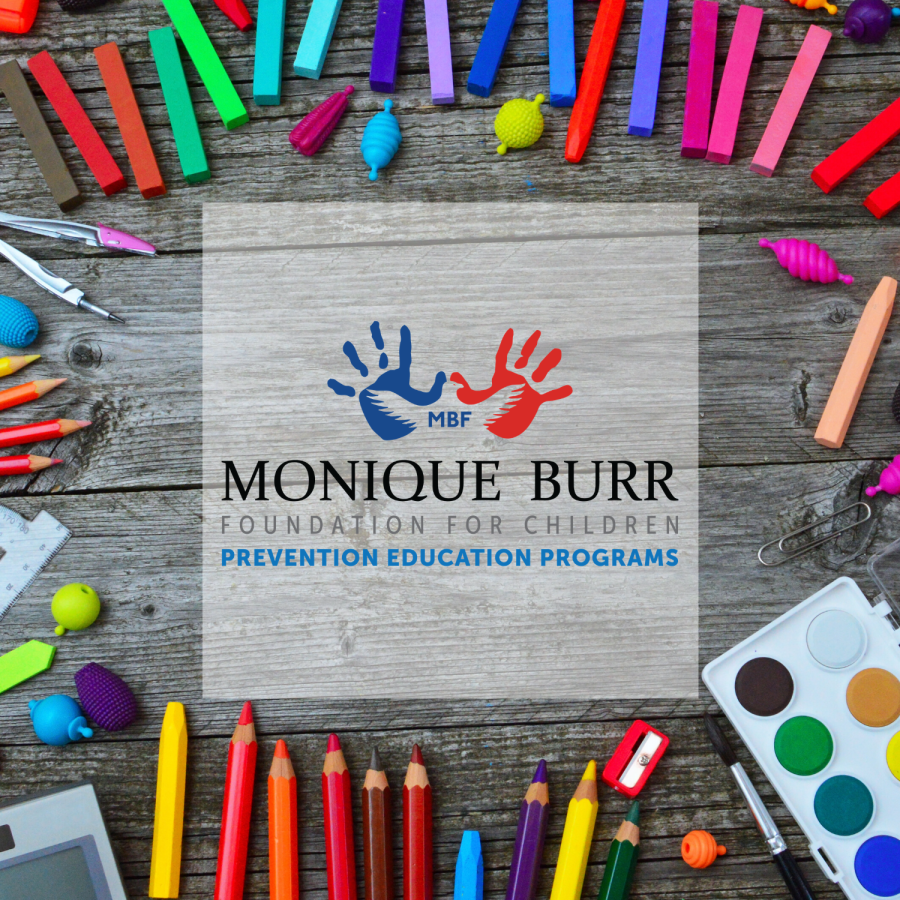We live in a world of technology – that can either be seen as a blessing or a curse. During this time when the whole world is on a social distancing journey, technology is our way of connecting with friends and family. This is especially true for children and teens who aren’t focused on work, school, or sports, and are heavily engaging via the digital world. Although technology is a great source of knowledge, a way to stay connected with friends and family, and a way to engage with what’s going on around the world, it’s also how predators find and connect to their victims.
The topic of digital danger is more relevant today than it has ever been. If you don’t think so, here are some facts:
- 42% of Internet users aged 10 to 17 surveyed said they had seen online pornography in a recent 12-month span.
- Of those, 66% said they did not want to view the images and had not sought them out.
- More than three-quarters of the unwanted exposures (79%) happened at home, 9% happened at school, 5% happened at friends’ homes, and 5% happened in other places including libraries.
- 13% of students in grades 2 – 3 report they used the Internet to talk to people they do not know.
- 11% report having been asked to describe private things about their body, and 10% have been exposed to private things about someone else’s body.
As easy as it is for predators to contact your child, it’s also easy for you to help your child maintain digital distance and safety. Here are a few things you can do to help your child establish healthy online practices and teach them how to be safe online:
Be vigilant and ensure your child’s accounts are all set to private. Learn more about the sites/apps your child is using, and read the terms and conditions before agreeing to their use. Our Prevent 360 partner, Darkness to Light, suggests letting your child know that you respect their privacy, but will periodically monitor their technology use, including emails, photos, messaging, and apps. There are also various tools, apps, and software that allow you to see what your children are searching, viewing, and posting online. Taking advantage of digital monitoring products can be an extremely helpful tool to help keep them safe from viewing inappropriate content and interacting with strangers.
Check out our round-up of some of the best browser tools, software, and apps that you can use (or pass on) to help keep children and teens safe online HERE.
Remind your children to be careful what they share online and don’t include geotags and locations when posting. Remind children that they should never post sensitive information online as it could help predators locate them. Always remember there is an unintended audience that may view your child’s posts online and even attempt to contact them. Empower your children to Make a Move if they Spot Red Flags or if someone makes them feel uncomfortable online. Teach your child about good digital citizenship and the importance of establishing a good digital reputation that will follow them into their future.
Establish rules and guidelines so that your child Knows What Up and understands your expectations for digital use. Set rules regarding the length of time they are allowed on the computer and other digital devices, and regarding the use of age-appropriate and approved websites and apps. Take advantage of our Digital Consciousness Contract (created by our friends at the Institute for Responsible Online and Cellular Communication. We understand that talking to children about the dangers of the digital world isn’t easy, but this contract is a great way to start the conversation and help you and your child agree to some ground rules to help prevent digital abuse and exploitation.
Resist the urge to take your child’s computer, phone, or other digital devices if they are the victim of online cyberbullying or digital abuse. Instead, take appropriate actions to report the behavior and teach your child how to block the perpetrator or bully.
Remember, the best line of defense is to communicate with your child. Honest, open conversations become a two-way street for sharing dangers and behaviors that increase risk and allow your child a safe place and time to discuss their online behaviors with you. If your child does encounter unsafe behavior online (such as malicious messages or inappropriate pictures or material), report the activity to your local law enforcement or the Cybertipline at 800-843-5678.
Remember: Internet safety and monitoring is not about prying or spying. It is about being an involved parent! As adults, we must take the necessary steps to keep children and teens safe.
Become educated and empowered to help all youth stay safe. You may have some downtime while your kids are busy learning or relaxing during this social distancing period – this is a great time for you to take MBF’s free one-hour online training: Real World Safety: Protecting Youth Online and Off. In this course, you will learn the risks to children from bullying, online and off, and other risks associated with technology use. Access the course HERE: https://mbfpreventioneducation.org/learn-more/online-training/
Additionally, we have a wide variety of resources available now to help you. Learn more on our blog, our website, and our social media sites. Click the links below:
Digital Consciousness Contract
Somer Sunshine Scholarship: Take Darkness to Light’s Stewards of Children Training




